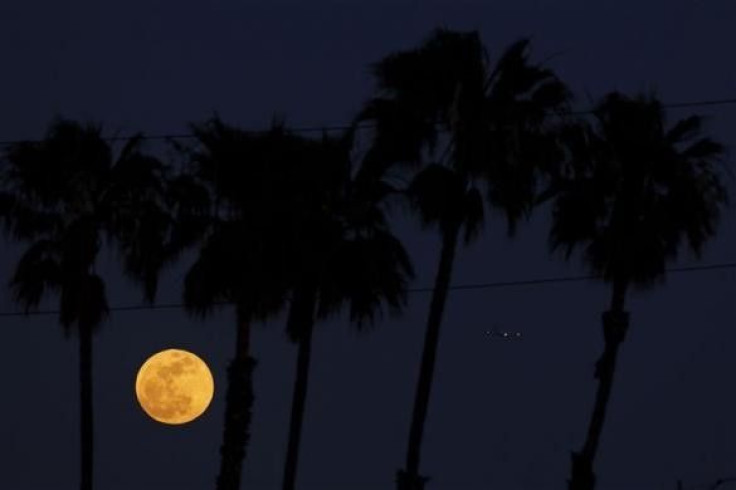A breathtakingly Beautiful Full Moon Night Might Reduce Your Sleep by 20 Minutes

Science never fails to surprise us. Through an interesting recent work, researchers have shown that people usually sleep 20 minutes less if it’s a full moon night.
"Participants slept an average of 20 minutes less and had more trouble falling asleep during the full moon phase. However, the greatest impact on REM sleep (during which most dreaming is believed to occur) appeared to be during the new moon," said Michael Smith from the Sahlgrenska Academy at University of Gothenburg in Sweden.
This study, involving 47 healthy adults aged 18 to 30, supports a pre-existing theory which states there is a correlation between sleep and the lunar cycle. In the presence of fa ull moon, the brain is more susceptible to external disturbances, Smith was quoted saying.
According to the scientists, it is possible to have a built-in biological clock that gets affected by the moon, similar to the one which regulates the very circadian rhythm
The data was further re analyzed and it was found that “sensitivity, measured as reactivity of the cerebral cortex in the brain, is greatest during the full moon.”
Also greater cortical reactivity was observed in case of both women and men during this time. But it was only men who experienced more trouble falling asleep and slept less when the moon was full, reported the paper which was published in the journal Current Biology.
Next time, when you tell a fairytale to your kid; make sure to start at least 20 minutes before than usual if the night sky looks gorgeous with the full moon.






